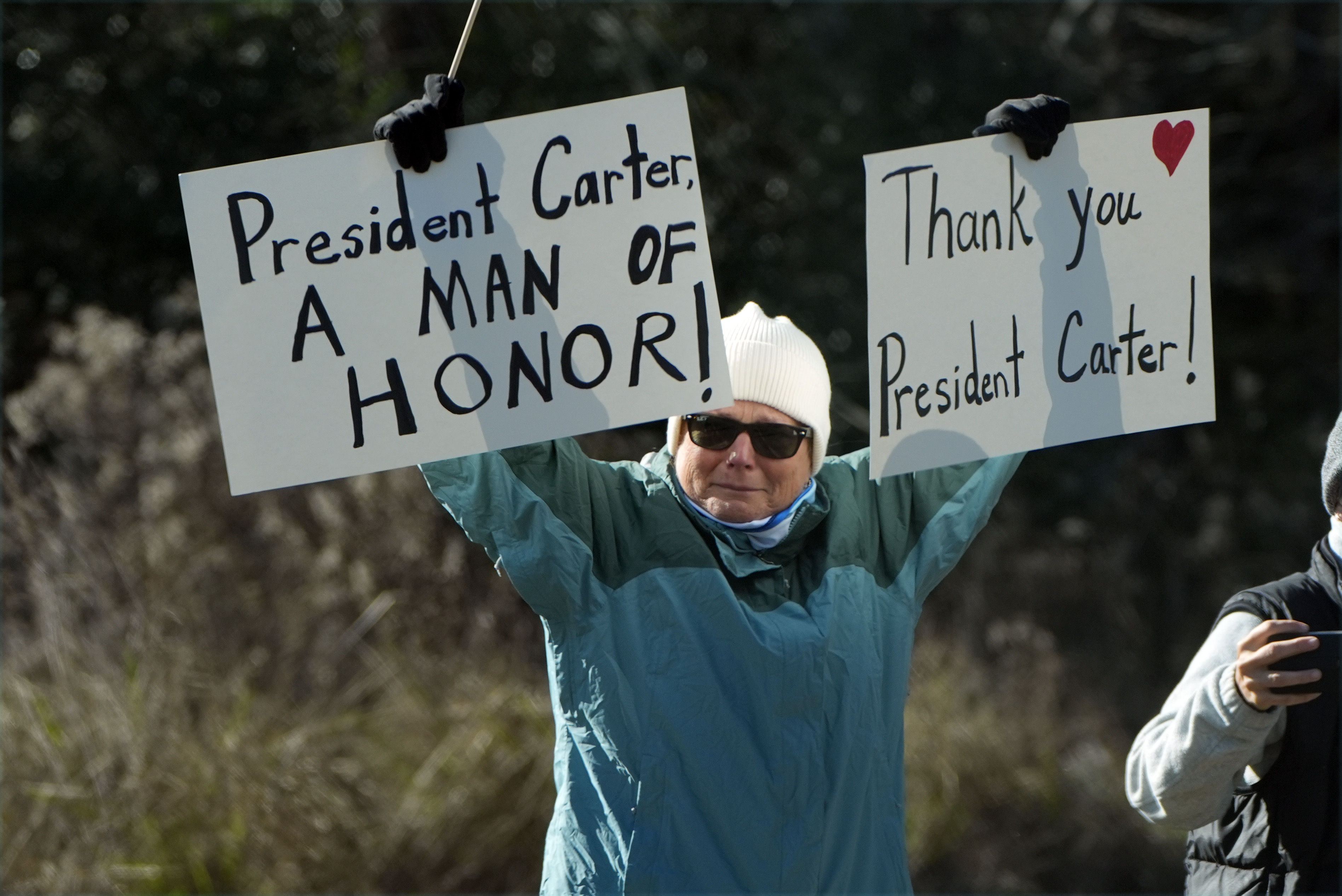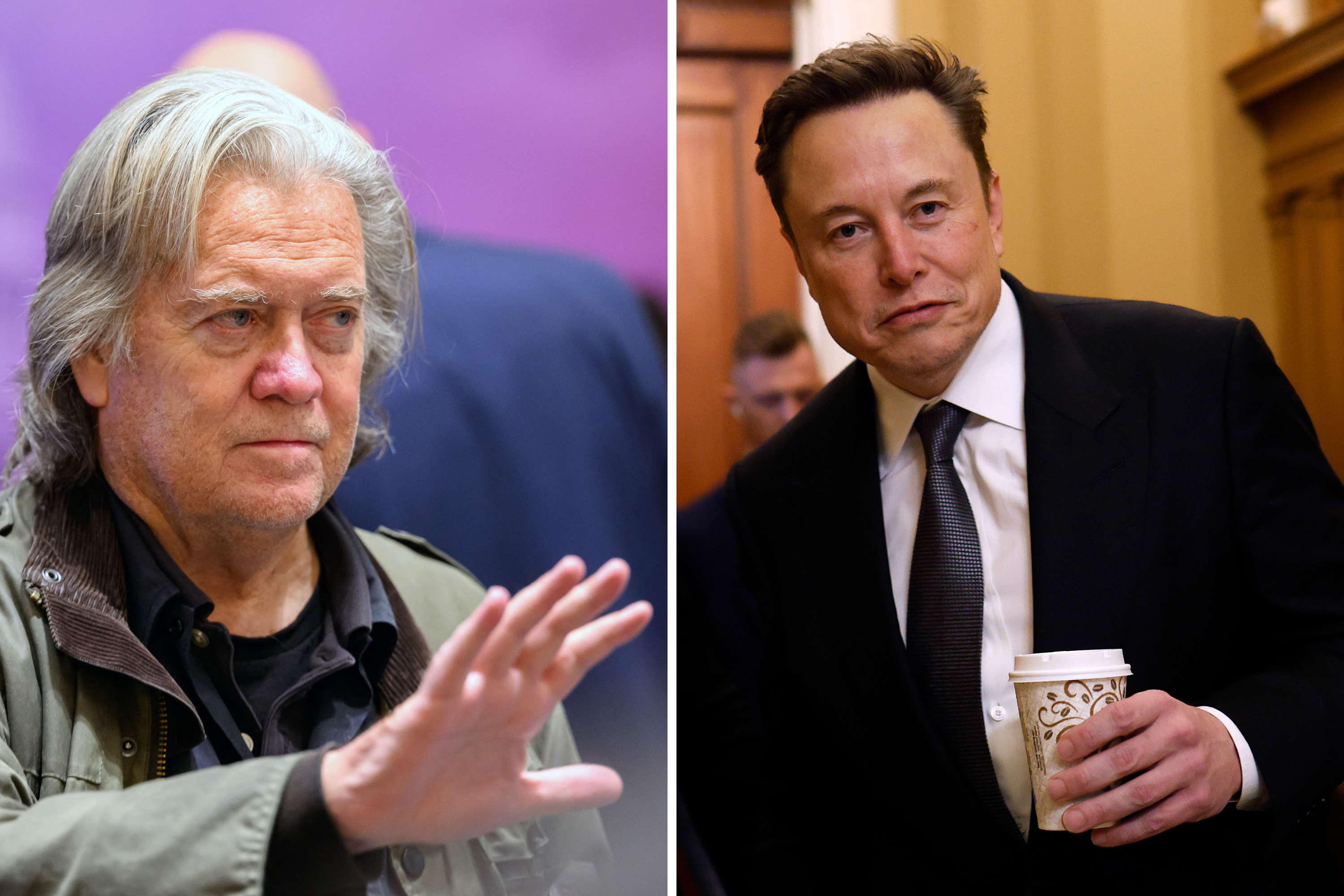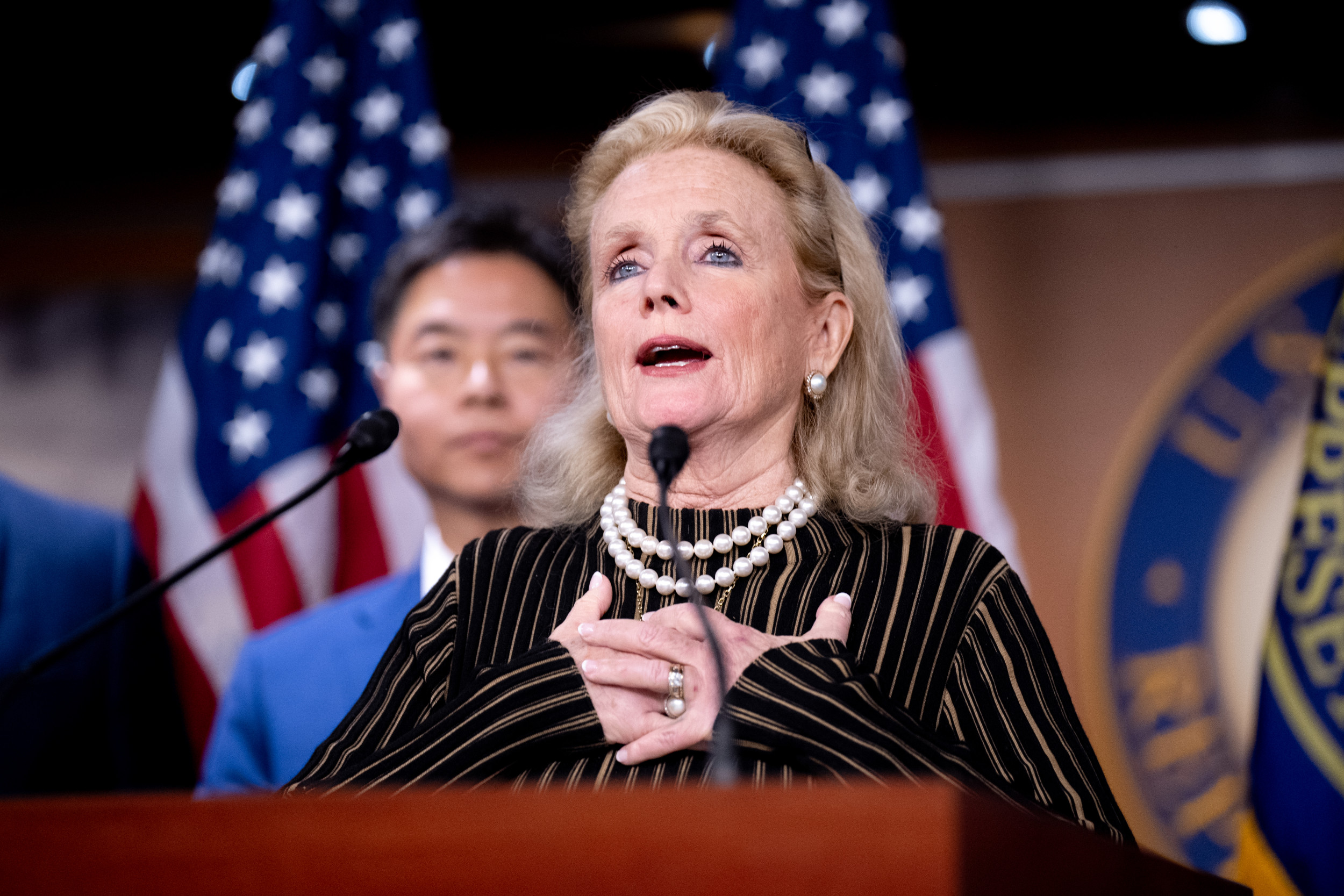As debates rage over the H-1B visa program—which allows employers to bring in foreign workers with certain skills—the nation finds itself divided on what "America First" truly means. Elon Musk and Vivek Ramaswamy champion the expansion of this visa program, claiming it's essential to filling gaps in tech talent. Critics, however, see this as a betrayal of American workers—a corporate shortcut that prioritizes cheap, imported labor over investing in the country's own people.
The truth lies somewhere in between. America can embrace global talent without undermining its workforce, but this requires bold reforms. The question is, will it rise to the challenge, or will it let ideological rifts and systemic failures undermine its greatness?
The reality is painfully clear: America's education system is failing to produce the workforce it needs. This isn't a matter of intelligence—Indian and Chinese students aren't born smarter than Americans. Their edge lies in rigorous preparation, while U.S. schools flounder in ideological battles and declining standards. Tech companies, desperate for skilled labor, have turned to H-1B visas as a crutch. The program, while valuable in theory, is often exploited in practice. Instead of reserving these visas for truly exceptional, specialized talent, many companies use them to import cheaper labor, sidelining qualified Americans in the process.

But why should America settle for this? The talent exists within its borders; it simply needs to be nurtured.
Apprenticeships offer a way out of this quagmire. Forget the bloated and ideologically fraught university system. Envision a streamlined, company-led program that trains young Americans in practical, real-world skills, without the debt and distractions of academia. These apprenticeships would focus on merit and practical expertise, not superficial markers like skin color or pronoun usage. They would prioritize ability, ambition, and drive—qualities that transcend identity politics—providing a direct path to high-paying tech jobs. They wouldn't just produce employees; they'd create innovators and builders, the kind of people who can redefine industries and cement America's global leadership.
For example, tech giants could partner with high schools, identifying students with raw talent and ambition. These programs would reward excellence and dedication, fostering a culture of achievement rather than entitlement. By focusing solely on skill and potential, such initiatives would ensure that the best and brightest—regardless of background—have a chance to thrive and contribute to the nation's future.
These young people would be brought into programs that combine hands-on training with rigorous skill-building, all tailored to the needs of the modern workforce. This would be an investment, both in the individuals and in the nation's future. A young person from Detroit or rural Kentucky could become the next great coder, engineer, or entrepreneur. Isn't this a fundamental part of the American Dream? The idea that anyone, regardless of where they start, can rise to their full potential through hard work and determination. These apprenticeships wouldn't just create jobs; they'd restore faith in the promise of upward mobility, proving that greatness can emerge from every corner of the country when given the right opportunity.
However, critics might argue that Big Tech companies, with their entrenched ideologies, may not prioritize merit in their selection processes. To address this, companies could be required to disclose detailed hiring practices and provide transparency in how candidates are chosen. Independent audits could compare the academic achievements, test scores, or relevant experience of those selected.
This proposed reform raises a broader question: what about fields outside of STEM? The H-1B program isn't limited to tech and engineering—it extends to areas like health care, education, and the arts.
How would a reimagined approach to education, like apprenticeships, affect non-STEM students? Would this focus on technical skills leave behind aspiring writers, teachers, or health care workers who also rely on H-1B visas? Addressing this challenge requires a holistic approach, ensuring that educational reforms don't inadvertently widen the divide between STEM and non-STEM careers.
To be clear, this doesn't mean shutting the door on immigrants. America has always thrived by attracting the best from around the world. The H-1B program, if used responsibly, can bring in hyper-specialized talent to complement a strong domestic workforce. But the foundation must be American. Relying too heavily on foreign labor doesn't just erode wages; it undermines the very spirit of national pride. The solution isn't exclusion; it's balance. America can build a workforce that's diverse and dynamic without sacrificing its "America First" ethos.
This approach doesn't just address economic concerns; it also strengthens national security. A tech industry reliant on foreign labor and expertise is vulnerable to geopolitical risks, from intellectual property theft to dependency on nations with adversarial interests. By cultivating homegrown talent, America ensures its critical industries remain resilient and protected from bad actors with bad intentions.
If "America First" is more than a slogan, it must prioritize rebuilding the nation's workforce. Trump, who has often cast himself as the champion of forgotten Americans, now faces a significant test. Will he push for reforms that prioritize domestic talent and reduce reliance on foreign labor, or will he succumb to corporate interests that have long dictated policy in Washington?
The answer will define not just his presidency, but America's trajectory.
John Mac Ghlionn writes about social issues, technology, and the impact of media manipulation. Follow him at @ghlionn.
The views expressed in this article are the writer's own.



















:quality(85):upscale()/2024/04/24/878/n/3019466/36c5693c662965c5d1ce91.72473705_.jpg)
 English (US) ·
English (US) ·